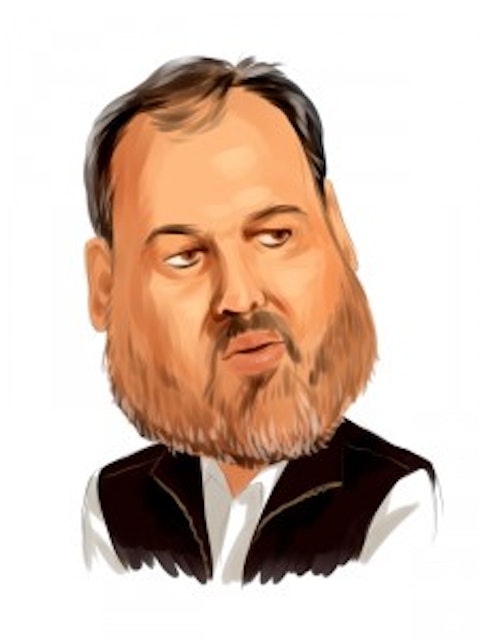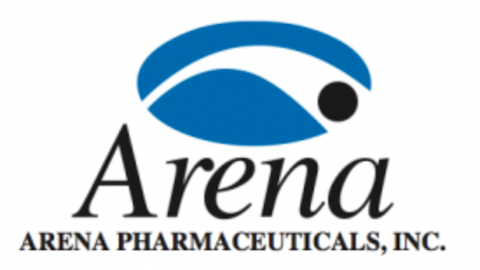
On August 14, the company released its 13F summary of its portfolio holdings (you can see Passport’s portfolio here). We can get a good sense of Burbank’s macroeconomic assessment—and his equities outlook—from any shake-ups since his first quarter filing.
First thing to note here is the addition of a put option position on Exxon Mobil Corporation (NYSE:XOM), one of Passport’s ten largest holdings by total value. This is in line with Burbank’s “very bearish” outlook on the macroeconomy. In the event of a recession, demand for oil will obviously decrease, and super major integrated oil companies like Exxon Mobil Corporation will suffer. The company is presently trading at its highest levels since 2008, and in the event of a recession, Exxon shares could dip to around $70 from their present prices in the high $80s.
Interestingly, Passport is also long on Marathon Petroleum Corp (NYSE:MPC). This company is the downstream spin-off of Marathon Oil Corporation (NYSE:MRO), meaning that it largely deals with refining, distribution, and the chemical segment of the oil business. Marathon Petroleum Corp, like Phillips 66 (NYSE:PSX), actually benefits from depressed oil prices because of a more beneficial crack spread, that is, wider margins stemming from lower crude purchase prices and stable sale prices of refined product. Warren Buffett’s Berkshire Hathaway seems to agree—it disclosed Phillips 66 holdings recently, which we have discussed elsewhere.
The fund stresses the importance of owning physical gold over gold equities. It has a put in place for the Market Vectors Gold Miners ETF, while the fund continues to add to its physical gold holdings. As Burbank noted in his first quarter letter, gold equities were down about 1 percent for the year, while physical gold was up about 8 percent. He has the same strategy for crude oil: pass on the ETF and buy the stuff itself. Burbank is also shorting the broad market, with a large index ETF put position.
Vivus, Inc. (NASDAQ:VVUS) is a top holding in Passport’s portfolio, with a position valued at $232 million according to the 13F. Vivus, a pharmaceutical company that specializes in obesity and related medical conditions, saw its shares rocket over the past year—they are up 130 percent year-to-date. I should mention Arena Pharmaceuticals, Inc. (NASDAQ:ARNA), a company that also focuses in obesity treatment and that has seen lots of price activity over the past year. These biotech stocks tend to rely on the release and sale of drugs, the demand for which are in large part resistant to broader economic conditions.
Passport also has a $175 million position in Cytec Industries Inc (NYSE:CYT). The company recently announced the divestiture of its coating resins business, which is a more cyclical business than its other areas. The specialty products the company produces have broad aeronautic and industrial application. Though revenue is expected to lag in 2012, the Street expects around a 10 percent increase in 2013 revenues that, along with improved margins driven by consistent earnings generation, will make the company more investment-friendly.
So Burbank’s approach in a nutshell: shy away from equities, buy physical commodities, and look for holdings that generate alpha independently of broader economic conditions.


